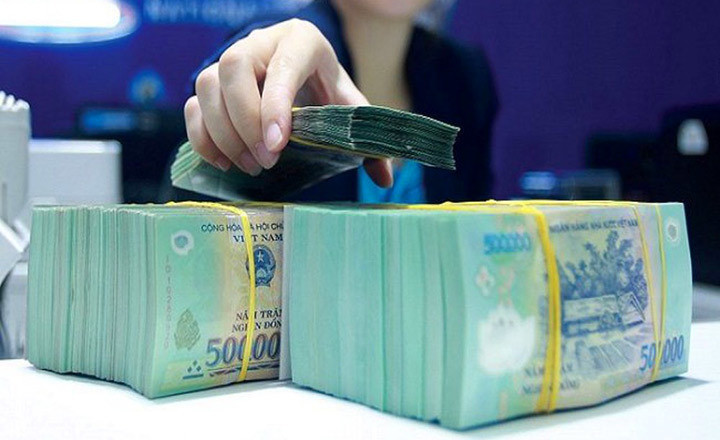
Talking about his difficulties at a recent workshop, Than Duc Viet, general director of Garment Company 10, said 2023 has been the most uncertain year in the last 30 years, which saw total demand drop sharply. It is difficult to predict when the market will recover.
The company exports its products to 66 countries. The US, EU and Japan are the three major markets.
“Even clients that are the largest fashion brands in the world cannot answer the question when the market will recover. They just say when the inventory level decreases, the market will recover. However, the inventory level is very high now,” Viet said.
In the domestic market, the sales season is coming as students are preparing to go back to school, while the year-end sales season is nearing. However, there are few optimistic signs.
“I don’t know how we can exist, and how we can earn enough money to feed 12,000 workers with the monthly pay of VND70 billion,” Viet said.
In such conditions, textile and garment companies need short-term capital to pay for materials, salaries for workers, and operation costs.
The short-term capital demand now accounts for 80 percent of total capital of enterprises in the industry.
Viet said his company has not met difficulties in accessing bank credit. However, in the first six months of the year, the bank loan interest rates were higher than that of the same period last year.
Tran Duc Nghia, CEO of Delta International, chair of the Hanoi Logistics Association, said the majority of logistics companies are small and medium sized and they need support to weather the storm.
“Our company witnessed positive growth rates in the last 19 years, until 2023 when for the first time we had a minus growth rate which led to weak cash flow. It was the time when we needed support the most. But when banks tighten credit standards, enterprises find it difficult to access unsecured loans.
Ngo Tan Long, deputy CEO of ACB, said that some enterprises have complained that interest rates remain high.
“In fact, commercial banks have cut deposit interest rates sharply over the last 2-3 months, which will lead to a wave of lending interest rate cuts in the time to come,” he said.
“ACB is offering short-term credit packages with interest rates of 7 percent per annum and medium- and long-term packages with interest rates of 8 percent,” Long said.
He said that the interest rates of new loans are no longer high as the banking system has no problems in capital circulation and credit room. The problem is how enterprises will use the loans and if they have feasible investment projects.
Deputy Governor of the State Bank of Vietnam (SBV) Dao Minh Tu confirmed that he has received complaints from some enterprises that they have had to pay 11.5 percent a year, though banks advertise they lend money at low interest rates.
Tu stressed that now is the time for banks to share difficulties with enterprises in a ‘substantial way’, adding that the central bank is going to organize a seminar on interest rates and fees in banking operations, because this is an important factor that directly affects input costs of enterprises.
Meanwhile, Nguyen Thieu Son, CEO of BIDV-Sumi Trust (BSL), suggested that, besides banks, enterprises can contact finance leasing companies for loans.
He said there are about 10 finance leasing companies operational in Vietnam, which had provided VND31 trillion worth of outstanding loans as of December 31, 2022, or less than one percent of the total outstanding loans to the national economy.
There are 700,000 enterprises throughout the country, but only 5,000-7,0000 use finance leasing services. Meanwhile, the interest rates offered by finance leasing companies are just 8.5-9.5 percent per annum.
“Enterprises can sell machines and equipment to finance companies and then lease back the machines and equipment,” Son said.
SBV, at a workshop on strengthening the capital access capability held on August 22, reported that the number of businesses borrowing money from banks has decreased by 1,000 so far this year. The credit has grown by 4.6 percent compared with 9.54 percent of the same period last year.
Tran Chung